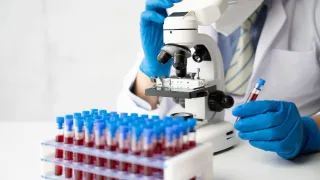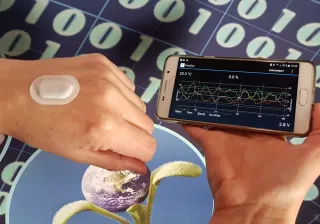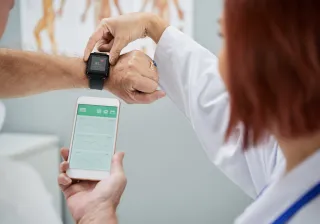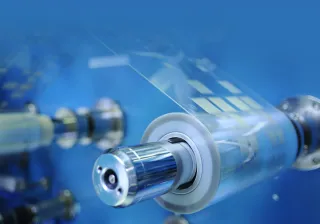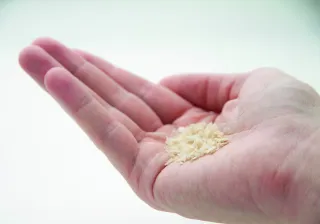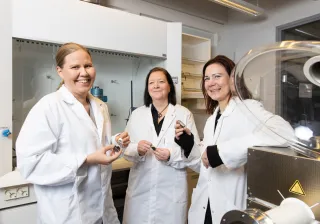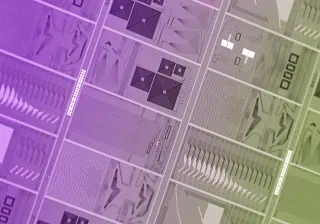The COVID-19 pandemic has shown how important it is to prepare for unforeseen threats. Effective diagnostics play a key role in the fight against pandemics and there is a growing need for it in everyday healthcare. The new Finnish research ecosystem will accelerate the development of diagnostics.
The diagnostics industry has identified a growing need for fast, sensitive and cost-effective testing methods. The COVID-19 pandemic has also increasingly highlighted the need to develop point-of-care testing methods that can be used outside the laboratory, for example, at the clinic, in home care, or as part of patient self-monitoring.
To meet this need, several Finnish research organisations and companies in the diagnostics sector are now joining forces in the Future of Diagnostics-FUDIS Co-innovation ecosystem project coordinated by VTT. The consortium will develop and bring to market new tools for the diverse diagnostic needs of the future. The network's expertise covers the entire chain from technology and material development to manufacturing methods and equipment development.
– Our development work focuses on rapid methods suitable for sensitive point-of-care testing, which can be used to reliably measure small concentrations. With current solutions, such diagnostics often require central laboratory methods, says Senior Scientist Anu Mursula from VTT. – VTT's role in this project is related, for example, to the development of rapid coronavirus testing technology and equipment development for reading test results.
The new methods can also be used in primary healthcare, which will reduce its workload. An ageing population and the increase in life expectancy are increasing the number of chronic diseases for which new methods of monitoring and prevention are needed. A growing public interest in health and well-being also increases the need for these solutions.
A rapid task force for diagnostics development
When new epidemics or pandemics emerge in the future, the cooperation and technology platforms developed in the FUDIS project will enable the rapid introduction of diagnostic solutions to the market. These products include sensitive and multifunctional in vitro diagnostic platforms, new (bio) materials, methods for manufacturing diagnostic tests, equipment for reading results and biomarkers.
– Product development in the diagnostics sector is often slow due to tight legislation, among other things. The ecosystem supports cooperation between research organisations and companies. It provides an excellent technical and scientific network that enables companies in the industry to accelerate product development and export to the market, Mursula says.
– The research organisations and companies involved in the project will join forces to develop new technologies and products that meet the growing need for fast, sensitive and cost-effective healthcare diagnostic methods. The aim is to promote international business and exports in the diagnostics sector, says Sampo Sammalisto, who leads Business Finland's Personalized Health Finland programme.
In addition to VTT, the consortium also includes four universities (Aalto University, University of Helsinki, University of Turku and University of Oulu) and 11 business partners (Actim, Biohit, Canatu, Ginolis, Kaivogen, Labrox, PerkinElmer, Screentec, ArcDia, iStoc and BiopSense). The total budget of the co-innovation project is 7.1 million euros and the project has been granted Business Finland funding. The project will continue until the end of 2022.

